
The RKEDF and BU ECRN are delighted to offer funding (up to £500) to organise an event, roundtable, meeting, training, or workshop in support of research at BU.
This funding supports BU Early Career Researcher Network members to organise and facilitate an event that can be thematic, subject/discipline based, foster community engagement, knowledge exchange or networking and does the following;
– Brings ECRs and others together to share ideas, knowledge and learning.
– Provides a space for intellectual discussion.
– Helps to facilitate collaboration and future opportunities.
– Enables an opportunity for networking.
– Please note all requests are subject to approval by the RKDEF Team and must be made at least 3 weeks in advance of the event date. No reimbursements for payments will be made without prior authorisation from the team.
– All expenses must be paid by the end of the BU financial year (July 2024)
– You will need to receive written confirmation from RKDEF that your request has been successful before you can proceed with organising the event.
– The event cannot have taken place prior to submitting your application.
Eligible costs
- Event space
- Travel bursaries for attendees
- Catering and refreshments (Tea, Coffee, Water, Light snacks, Lunch)
- Av (projector, screen, laptop, tech support on the day, microphones)
- Printing costs (meeting handouts)
- Speaker fee (up to £500)
Ineligible Costs
- Software or hardware.
- International event, speaker, or travel costs.
- Costs for dependants or spouses to attend events.
- Research costs.
How to apply:
Please download and complete all sections of the EOI for BU ECRN Funding (500 words max per section) and email your completed application to: RKEDF@bournemouth.ac.uk by 26th April 2024. Successful applicants will be notified by 1st May 2024.
If you have any questions or queries, please contact BU ECRN Academic Leads Ann Hemingway (aheming@bournemouth.ac.uk) and Sam Goodman (sgoodman@bournemouth.ac.uk) or RKDEF Advisor Joelle Fallows (jfallows@bournem


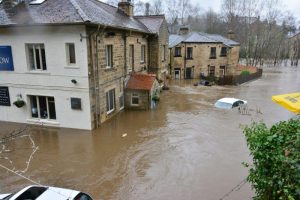 There are many dangers faced by societies, communities, and households today – whether that is accidents in the home, flooding, other extreme weather events, medical emergencies such as pandemics, and even terrorism.
There are many dangers faced by societies, communities, and households today – whether that is accidents in the home, flooding, other extreme weather events, medical emergencies such as pandemics, and even terrorism.

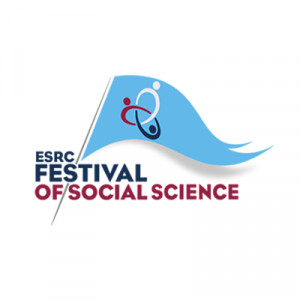 What is the ESRC Festival of Social Science?
What is the ESRC Festival of Social Science?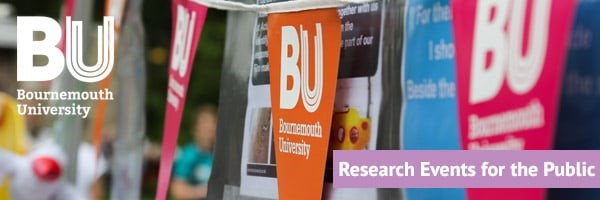

 We’ll be joined by four postgraduate researchers from Bournemouth University on Tuesday 7 May 6:30 – 8:00pm.
We’ll be joined by four postgraduate researchers from Bournemouth University on Tuesday 7 May 6:30 – 8:00pm.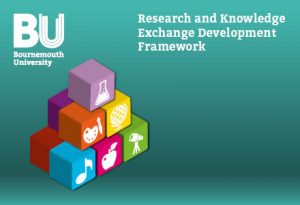 The RKEDF and BU ECRN are delighted to offer funding (up to £500) to organise an event, roundtable, meeting, training, or workshop in support of research at BU.
The RKEDF and BU ECRN are delighted to offer funding (up to £500) to organise an event, roundtable, meeting, training, or workshop in support of research at BU.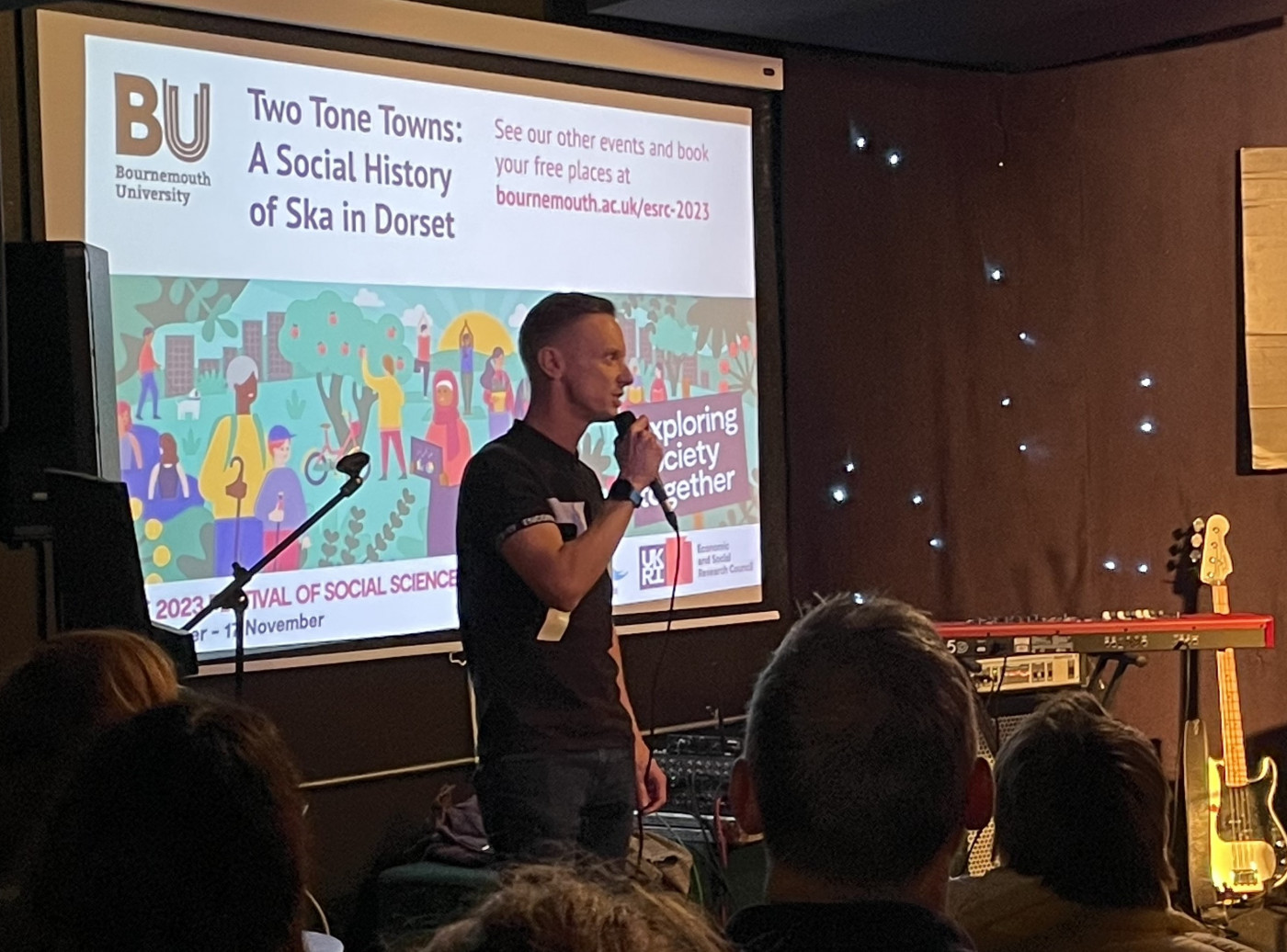 A fantastic opportunity to showcase your social science research!
A fantastic opportunity to showcase your social science research!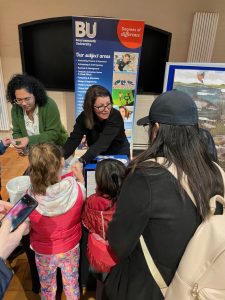 The annual Family Science Day in Dorchester on Sunday, 17th March 2024, was a vibrant celebration of the British National Science Week. This free event aims at making science accessible and engaging for families, providing a platform for learning and discovery in a fun and interactive way. With an attendance of 800 enthusiastic visitors, the event showcased 20 hands-on science stalls. BU was represented by staff, undergraduate and postgraduate students, and postdoctoral researchers. Contributors included Demetra Andreou (Fish Through Time), Amanda Korstjens (Voices in the Jungle), and Genoveva Esteban (Hidden World of Microbes), alongside Kirthana Pillay (postdoctoral researcher) and undergraduate students Dan Stevens and Jacob Tate from the Department of Life and Environmental Sciences. Xun He (Head of MINE Research Cluster, Psychology) and Fred Charles (Head of Department for Creative Technology) led a stall on Measuring Social Behaviour with VR & Brainwaves, with assistance from PhD student Damla Kuleli, research assistant Charlie Lloyd-Buckingham, and BU alumnus Rianna Green. BU Student Ambassador Lily Bater provided exceptional support throughout the day.
The annual Family Science Day in Dorchester on Sunday, 17th March 2024, was a vibrant celebration of the British National Science Week. This free event aims at making science accessible and engaging for families, providing a platform for learning and discovery in a fun and interactive way. With an attendance of 800 enthusiastic visitors, the event showcased 20 hands-on science stalls. BU was represented by staff, undergraduate and postgraduate students, and postdoctoral researchers. Contributors included Demetra Andreou (Fish Through Time), Amanda Korstjens (Voices in the Jungle), and Genoveva Esteban (Hidden World of Microbes), alongside Kirthana Pillay (postdoctoral researcher) and undergraduate students Dan Stevens and Jacob Tate from the Department of Life and Environmental Sciences. Xun He (Head of MINE Research Cluster, Psychology) and Fred Charles (Head of Department for Creative Technology) led a stall on Measuring Social Behaviour with VR & Brainwaves, with assistance from PhD student Damla Kuleli, research assistant Charlie Lloyd-Buckingham, and BU alumnus Rianna Green. BU Student Ambassador Lily Bater provided exceptional support throughout the day.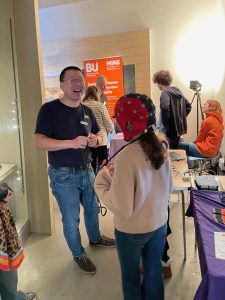
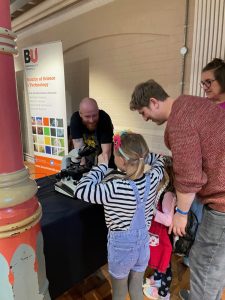
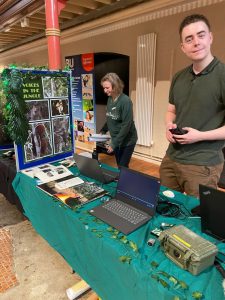
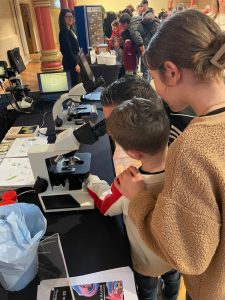
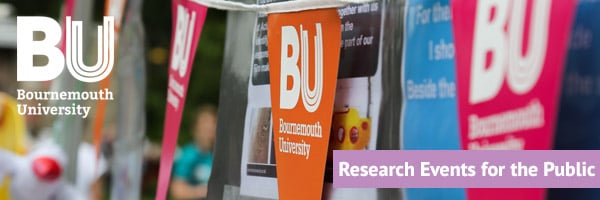

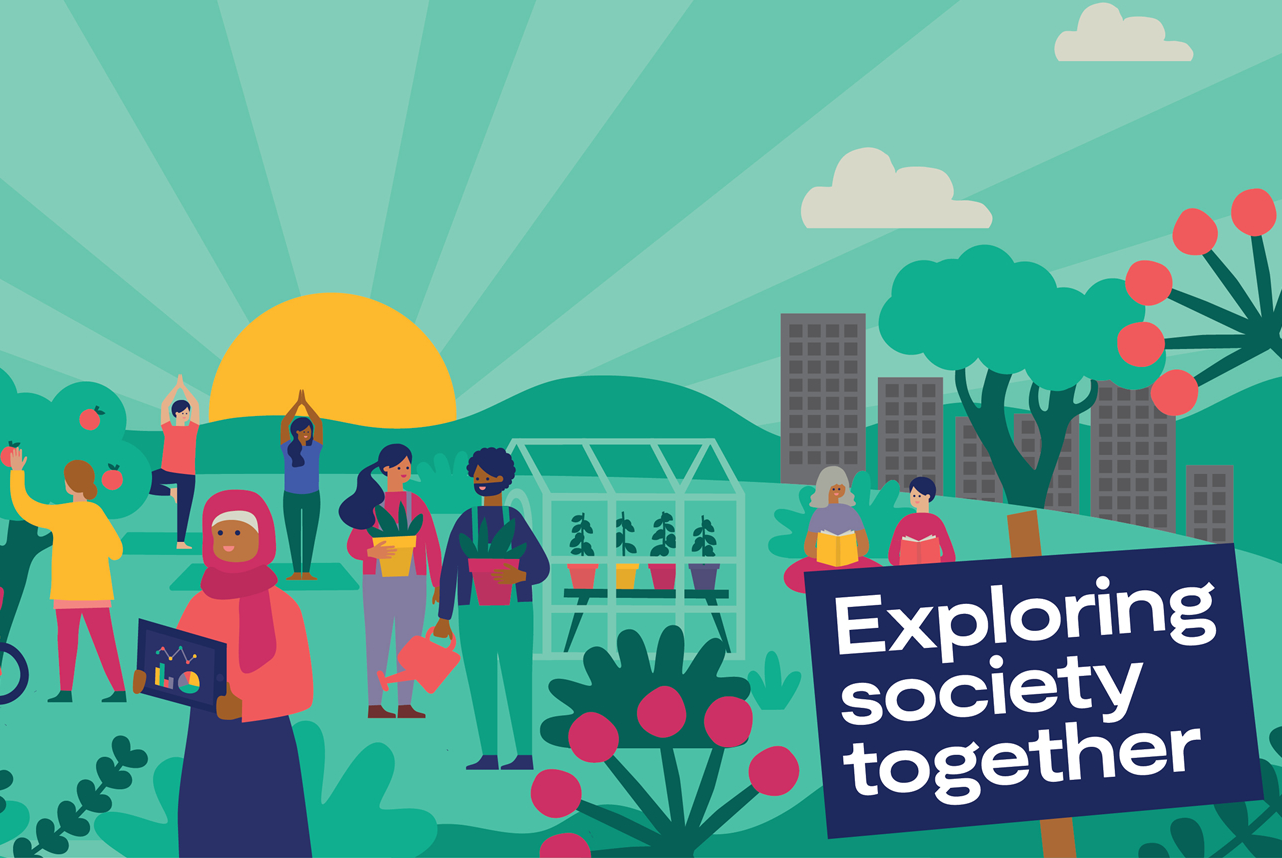
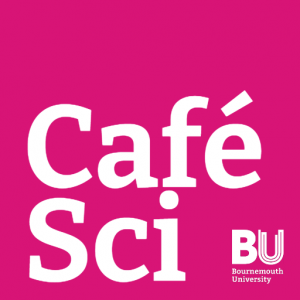











 Missing Persons Indicator Project Recruitment
Missing Persons Indicator Project Recruitment Celebrating our Research: Postgraduate Research Showcase 2026
Celebrating our Research: Postgraduate Research Showcase 2026 Nursing Research REF Impact in Nepal
Nursing Research REF Impact in Nepal Fourth INRC Symposium: From Clinical Applications to Neuro-Inspired Computation
Fourth INRC Symposium: From Clinical Applications to Neuro-Inspired Computation ESRC Festival of Social Science 2025 – Reflecting back and looking ahead to 2026
ESRC Festival of Social Science 2025 – Reflecting back and looking ahead to 2026 3C Event: Research Culture, Community & Cookies – Tuesday 13 January 10-11am
3C Event: Research Culture, Community & Cookies – Tuesday 13 January 10-11am ECR Funding Open Call: Research Culture & Community Grant – Apply now
ECR Funding Open Call: Research Culture & Community Grant – Apply now MSCA Postdoctoral Fellowships 2025 Call
MSCA Postdoctoral Fellowships 2025 Call ERC Advanced Grant 2025 Webinar
ERC Advanced Grant 2025 Webinar Update on UKRO services
Update on UKRO services European research project exploring use of ‘virtual twins’ to better manage metabolic associated fatty liver disease
European research project exploring use of ‘virtual twins’ to better manage metabolic associated fatty liver disease